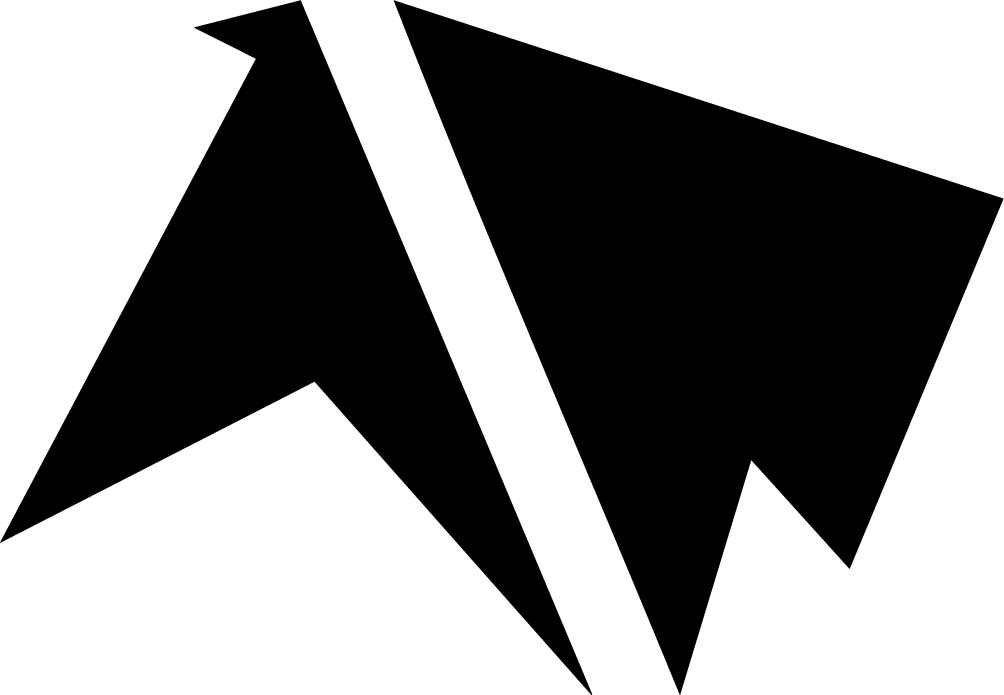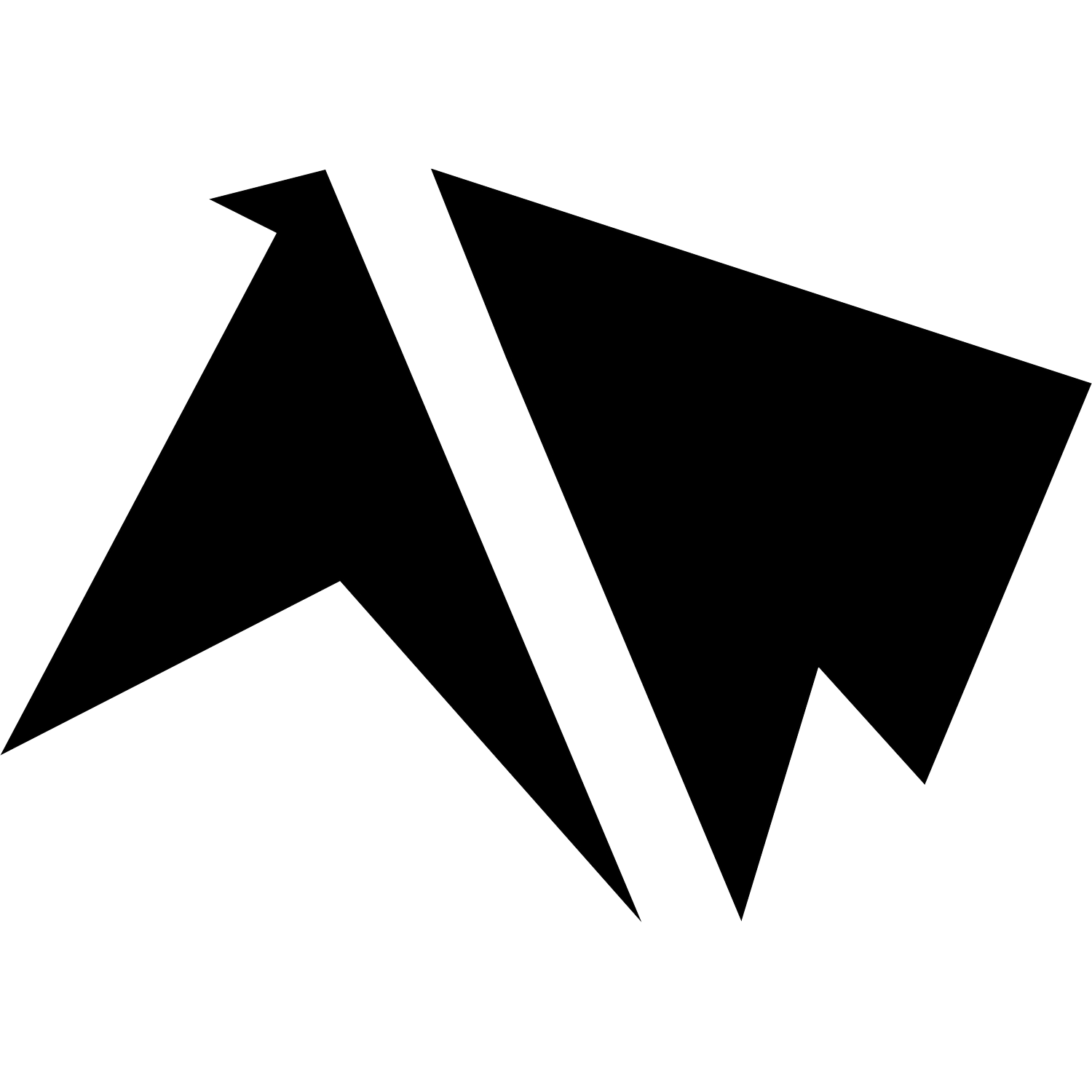Interview: Pictureplane
Pictureplane, aka Travis Egedy, made his way from Brooklyn, NYC to Wesleyan's own Earth House on Thursday night to put on an Angelina Jolie-glittered, dark synth dance show. Egedy moved to Brooklyn from Denver, where he studied painting at Rocky Mountain College of Art and Design. Post-college, Egedy made a name for himself in the music scene at his warehouse home studio, Rhinoceropolis, and proceeded to release six albums, the last three of which were released on Lovepump United Records, in independent label founded by Vassar dudes. Pictureplane's most recent record, the textured, dark wave, punk-influenced Thee Physical remains the label's last release.
Zander Porter and Page Nelson sit down with Egedy in Earth House's idiosyncratically cluttered kitchen for some chat, Four Loko, and sweet potatoes.
Did you say "new music"?
Yeah.
You haven't released an album since 2011.
Yeah. I should have one really early next year. I’ve been painting a lot. I’ve been working on this solo show that I’m putting together for a gallery in Baltimore.
What do you like about painting?
I studied painting in school. It’s called Rocky Mountain College of Art and Design in Denver. I haven’t painted for a few years, at least seriously, so I’d been really wanting to get back into it. Then this gallery offered to give me a show in Baltimore, and I was like “hell yeah," so that gave me the initiative I needed to just go crazy. They’re these large paintings of skulls and reptilians.
Why skulls?
Skulls are really cool. The art is sort of about our whole history and our evolution and where we come from. It's kind of touching on that a little bit. There are only two skulls I’ve painted for this show. One has a pot leaf, like a whole pot plant growing out of the skull.
We're both in a class on postmodernism, and we talk a lot about representation and signs and the creation of meaning. How do you think forms of representation play into your style?
Everything really comes from something else and is a mixture of things from the past. I also have a deep interest in symbols and symbology and connecting information and meaning to symbols. It’s so different from words, where a word will mean one thing; but a symbol can carry so much meaning inside of it. I’m really into the "cult meaning."
Your music even sounds like that sometimes. Reminds me of witch-house, a term which you coined.
I did. That's just what happens online; things just go, which I think is great. I don’t know if it is still even a thing necessarily. I thought witch-house was really cool because it was actually something that was really new. People talk a lot of shit about it cause it’s really easy to talk shit about something that has a funny name, but there was actually really neat music being made that I think is definitely still around.
[Travis asks to try Page's peach-flavored Four Loko.]
What about your tattoos? Are you really into basketball, or what?
No, I think to me that the Jordan symbol represented sort of like the sublime basically of human potential, of like going beyond what is thought possible or what were imposed limits on what people are allowed to do. It’s something that can transcend all boundaries and barriers and do something that’s never happened before.
The idea of being him or the idea of his success?
It’s not necessarily about Michael Jordan, but it is about Michael Jordan. He’s this person who has transcended what it means to be human, almost. I also have this song title on my arm. It says “Robin S. - Show Me Love”, which is this old house track from 1993. It’s the same thing. It’s sort of the Michael Jordan of house music; this song is a masterpiece.
Reminds me of your underrated track "Trancegender." How did the ideas of that song come to actualization?
It’s something I’m still very interested in: the dissolving of gender binaries of any means just being human and completely embracing both genders at once, like a fusion of masculine and feminine energies. The whole album was this concept about the human body, physical touch, sensuality, and gender. It’s funny, I remember catching some flack when my album came out, with people saying, “You’re just a straight white male, how dare you even talk about this type of stuff.”
Who was saying this, or on what platform?
It came from certain gay blogs. It was a small amount of criticism. But it’s cool. I’m really glad I made that song cause so many people have come up to me and told me that they love it. In Denver, at the time that I made that song, there was a lot of queer stuff going on that I was really influenced by. A lot of radicalism and queer politics. I was becoming really interested in that and seeing that scene. I was just exploring some of those concepts and having fun with it, but it’s definitely a serious song just about dissolving gender.
What kinds of queer things were happening in Denver, post-college?
There’s always been a deeply radical undercurrent in Denver. There are a lot of crazy anarchist houses there and queer co-ops and gay dance parties.
One last question: How do you pronounce your last name?
"Egedy."
Would you choose to pronounce it differently?
We’ve just always said "Egedy" my whole life; it could be "Edgedy" too. Sometimes I don’t correct people if they say "Edgedy." It’s a Hungarian name. I’m mostly of Dutch ancestry though.







